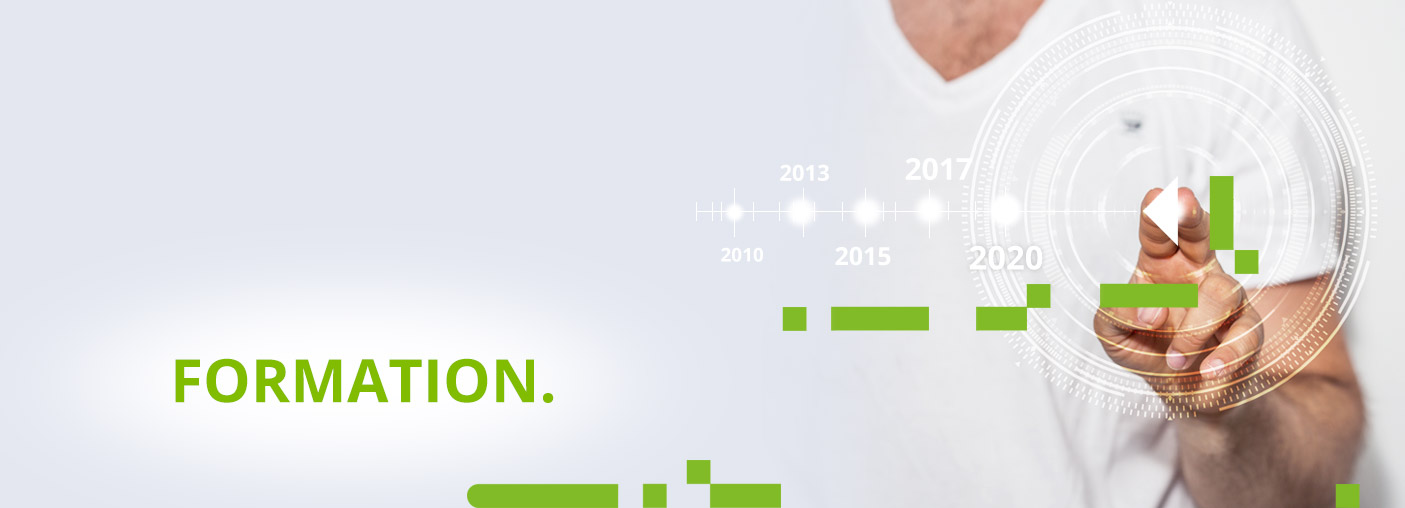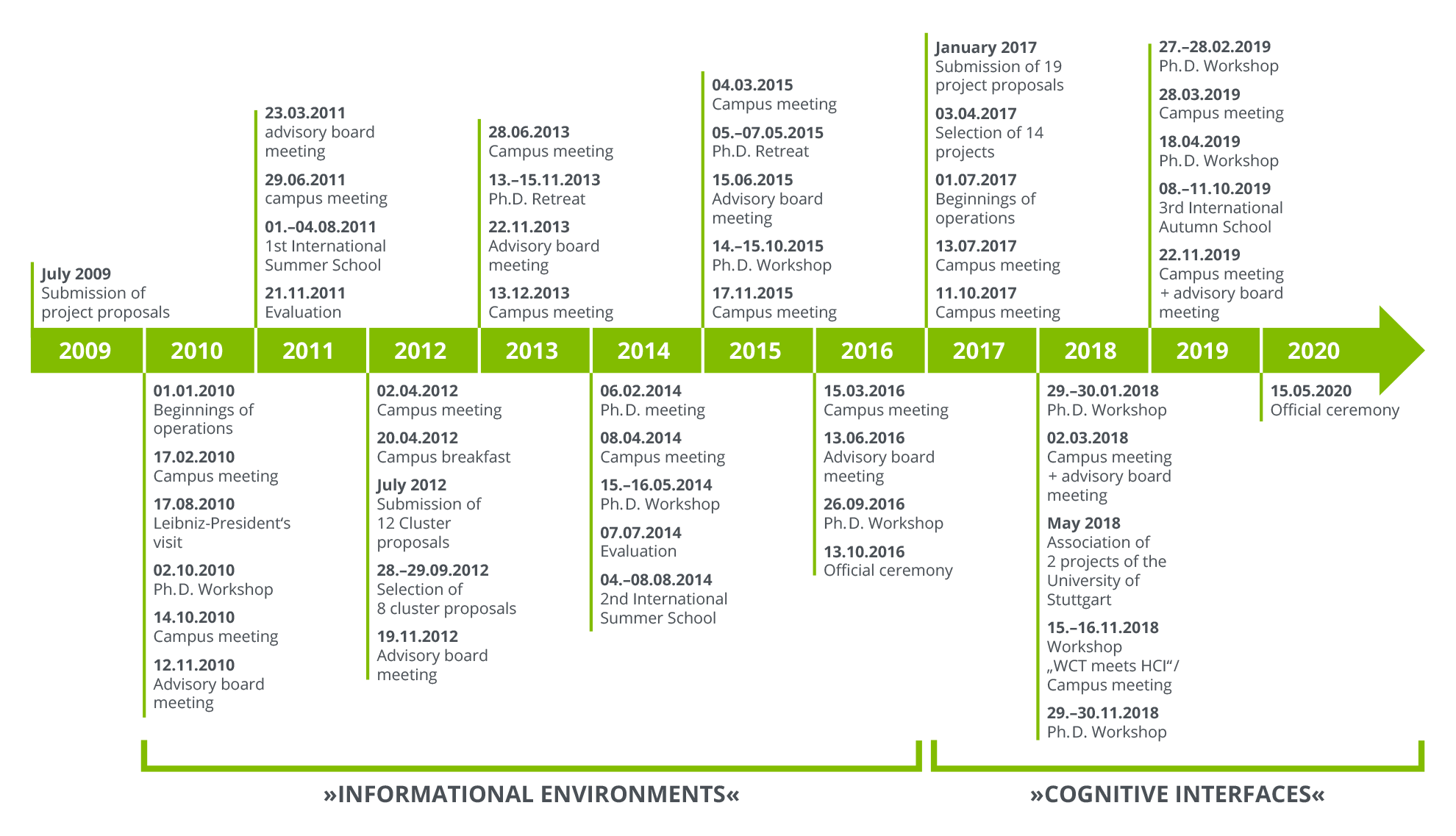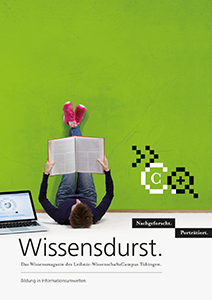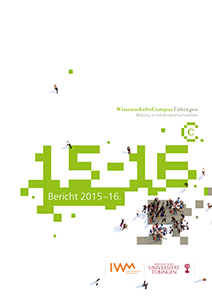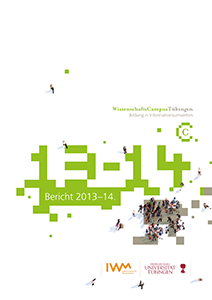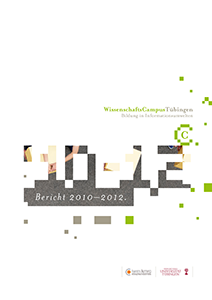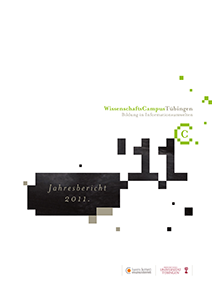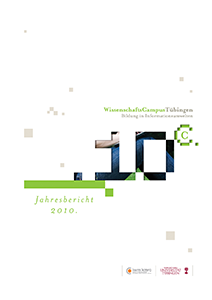At the end of 2007, the first idea for research co-operation which would combine non-university and university research resources was formed under Professor Dr. Dr. Ernst Rietschel, the President of the Leibniz Association at that time. Inspired by this idea, the first plans made good progress, so that in February of 2008 the first model of a Leibniz-WissenschaftsCampus was designed. The first festive launch of the Leibniz-WissenschaftsCampus took place on April 20, 2009. In attendance were Dr. Dr. Friedrich W. Hesse, the Director of the Institute for Knowledge Media at the time, as well as Prof. Dr. Bernd Engler, the Rector of the University of Tübingen, and the Ministerial Director of the Ministry for Science and the Arts, Baden-Württemberg. Together they all signed a co-operation agreement. Operations of the Leibniz-WissenschaftsCampus began on January 1, 2010, in the first funding phase of the Leibniz Science Campus. From 2010 to the end of 2012, WissenschaftsCampus associates conducted research in a wide variety of different subject areas in 11 clusters with 27 partial projects.
A diversified program in the following years was the result. Besides yearly board meetings and WissenschaftsCampus meetings with all of the members which determined the direction, an International Summer School took place for the first time in August, 2011. Thirty-one participants from seven countries came together for an exchange concerning the topic “Making Sense of Social Media“, and through interdisciplinary co-operation to formulate new research questions.
The year 2013 saw the beginning of the second funding phase of the WCT, which ran until the end of 2014. These two years were also marked by a variety of activities including workshops, a two-day doctoral retreat, and in 2014 another Summer School with the theme “Self-Regulation in a Digital World“. High-level scientists and participants from all over the world were also invited to this event.
The Leibniz-WissenschaftsCampus continued into its third funding phase in 2015. The two years of this phase were also accompanied by workshops, WissenschaftsCampus meetings and a further doctoral retreat at which all of the Leibniz-WissenschaftsCampus doctoral candidates could have fruitful exchanges and network, and where space was created to enable planning of new co-operation projects.
The end of 2016 brought to a close the third funding period of the nationwide Leibniz-WissenschaftsCampus. Under the topic "Cognitive Interfaces" it is continued since July 2017. A highpoint for the Leibniz-WissenschaftsCampus was its official celebration in October: After seven years of research, a festive event with about 100 guests celebrated the positive results and demonstrated the perspectives won. The President of the Leibniz Association, Matthias Kleiner, and the Rector of the University of Tübingen recognized the achievements of all those who had participated in the first nationwide Leibniz-WissenschaftsCampus, and Gerhard Fischer spoke for the Scientific Advisory Board about the successful research association. There were guests present who had been invited from politics, research, other Leibniz-WissenschaftsCampus’, the University of Tübingen and the Leibniz Knowledge Media Research Center as well as from regional media.
A more detailed overview of the participating partners, the products and the strategic impact can be found under WCT “Informational Environments”.
However, the WissenschaftsCampus Tübingen did not end with the official celebration. Instead, the thematic focus was shifted towards “Cognitive Interfaces” in the fourth funding phase. After reviewing the project proposals in April 2017, the fourth funding phase started with 14 interdisciplinary projects at July 1, 2017.
In May 2018 two projects located at the University of Stuttgart were selected to be associated with the WissenschaftsCampus Tübingen. The interdisciplinary projects are carried out jointly by the IWM, the Institute for Natural Language Processing or the Institute for Visualization and Interactive Systems of the University of Stuttgart.
